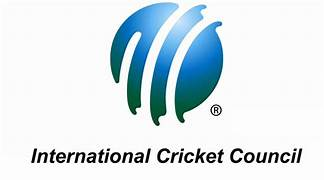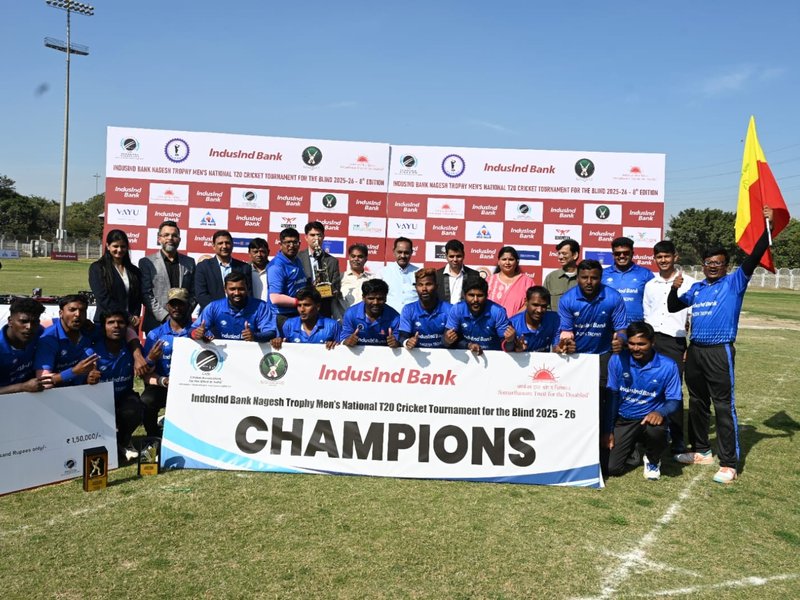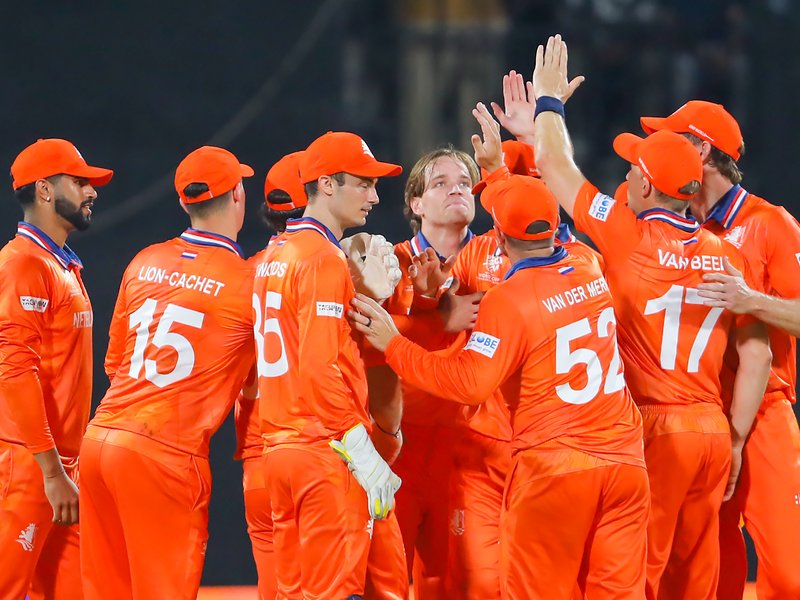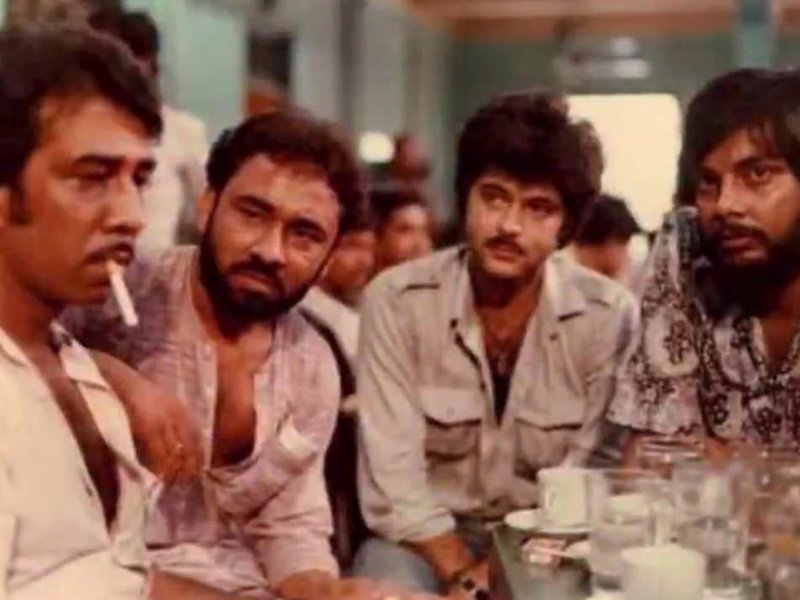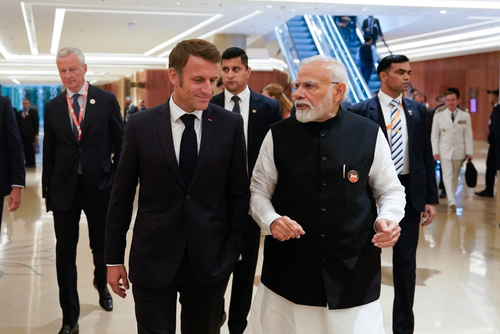New Delhi, April 12 (IANS) The International Cricket Council (ICC) is set to delay its plans to introduce a divisive two-tier structure in Test cricket, with the upcoming cycle of the World Test Championship (WTC), starting this summer, expected to continue with its existing nine-team single-league format, says a report.
The proposed overhaul, led by Cricket Australia and backed in part by the England and Wales Cricket Board (ECB), will not be put to a vote during a series of ICC meetings in Zimbabwe this weekend.
According to The Guardian, the ICC has concluded that more time is needed to evaluate the sporting and financial implications of the drastic restructuring, one of the most significant changes ever proposed in the 133-year history of Test cricket.
Cricket Australia had pushed for the format to feature two divisions of six teams, incorporating Afghanistan, Ireland, and Zimbabwe into the WTC structure. The rationale was to allow powerhouses Australia, England, and India to play each other more frequently, twice every three years, potentially resulting in a major financial windfall. However, other full member nations have raised concerns about widening the gap between the so-called “big three” and the rest, and are demanding clarity on financial redistribution and the mechanics of promotion and relegation before endorsing the move.
Instead, the next WTC cycle, spanning from this summer until 2027, will begin with England hosting India in a five-Test series starting just five days after the WTC 2025 final between Australia and South Africa at Lord’s. While the two-tier model has been shelved for now, the ICC is expected to discuss other potential changes to the WTC. These include a possible overhaul of the current points system.
Options on the table include awarding bonus points for winning by large margins (similar to rugby union), offering additional points for away victories, and weighting victories based on the strength of the opposition. The aim is to address concerns that top teams are penalised for playing each other more frequently, as all WTC matches currently carry the same weight: 12 points for a win, six for a tie, and four for a draw.
South Africa’s qualification for the 2025 final, achieved without playing England or Australia, sparked some resentment under the current model. Their run to the final came through wins over West Indies, Bangladesh, and Sri Lanka, alongside a draw and defeat to India.
Over-rate penalties are another contentious issue up for review. England’s director of cricket Rob Key recently made a presentation to the ICC men’s committee arguing for more leniency. England have been the worst offenders in the current WTC cycle, losing 22 points due to slow over rates—enough to drop them from third to sixth in the standings despite having the third-best win percentage (51.5%) behind only Australia and South Africa.
The rule, introduced after Australia’s lobbying, requires teams to average 15 overs per hour, with allowances made for stoppages. However, teams can avoid sanctions if they bowl their opponents out in fewer than 80 overs.
The rule has been criticised by several sides, not just England, especially as draws in Test cricket continue to decline—only three out of 50 Tests last year ended without a result.
Interestingly, despite the push for faster play, Test cricket is being played at its slowest over-rate since 1975. Tactical slowing down, particularly in seam-dominated conditions, gives fast bowlers longer recovery periods and reduces the need for support from part-timers—an approach embraced by captains like Ben Stokes, known for making frequent field changes.
One innovation under trial consideration for the next WTC cycle is the stop-clock, already being used in white-ball formats. It requires fielding teams to restart play within 60 seconds between overs. After two warnings, teams are penalised five runs for each further breach.
--IANS
hs/bsk/


